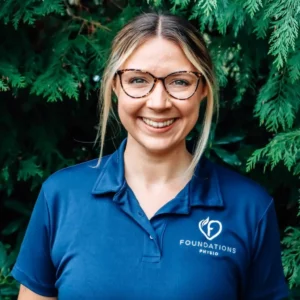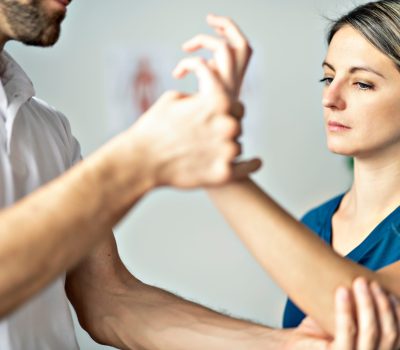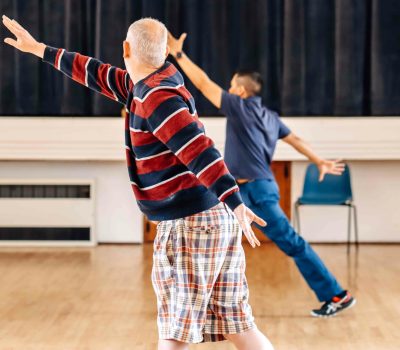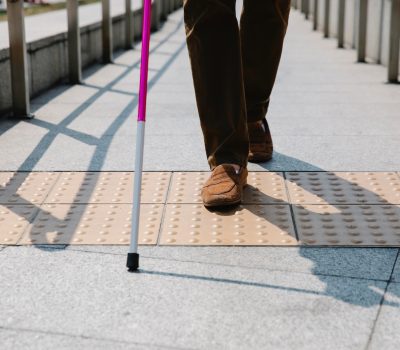What is a stroke?
What are the different types of stroke?
Ischaemic Stroke
- Smoking
- Obesity
- High blood pressure or high cholesterol
- Excessive alcohol intake

Haemorrhagic
Factors that cause high blood pressure are:
- Poor diet
- Lack of exercise
- Smoking
- Stress
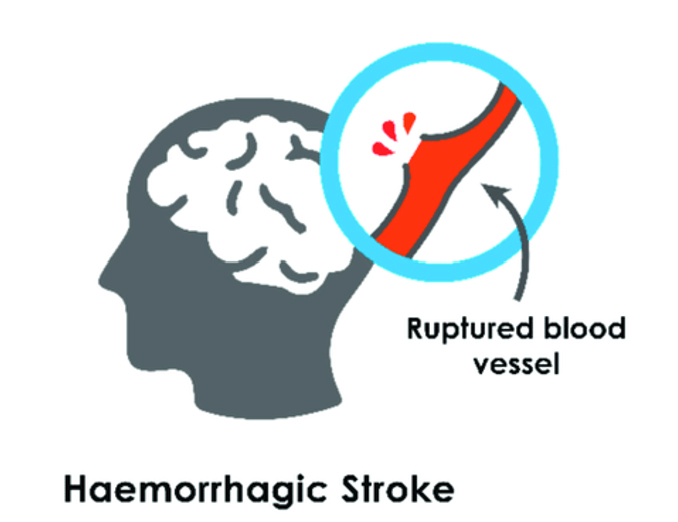
Transient Ischaemic Attack (TIA)
What do I do if I think someone is having a stroke?
Call 999 immediately if you think someone is having a stroke.
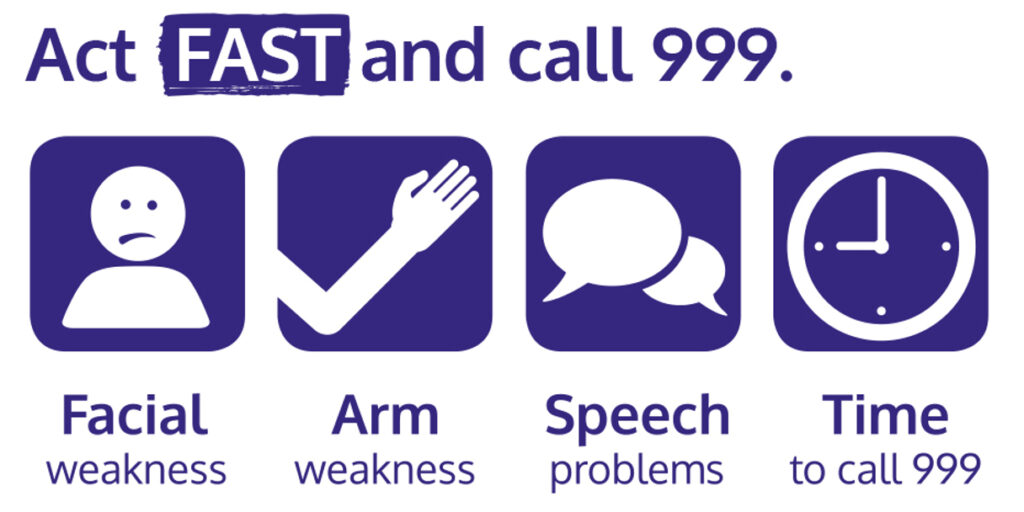
- Complete loss of movement from one side of the body
- Dizziness
- Changes in vision/blurriness
- Difficulty swallowing
- Confusion
- Poor balance or coordination
- Not understanding what you are saying
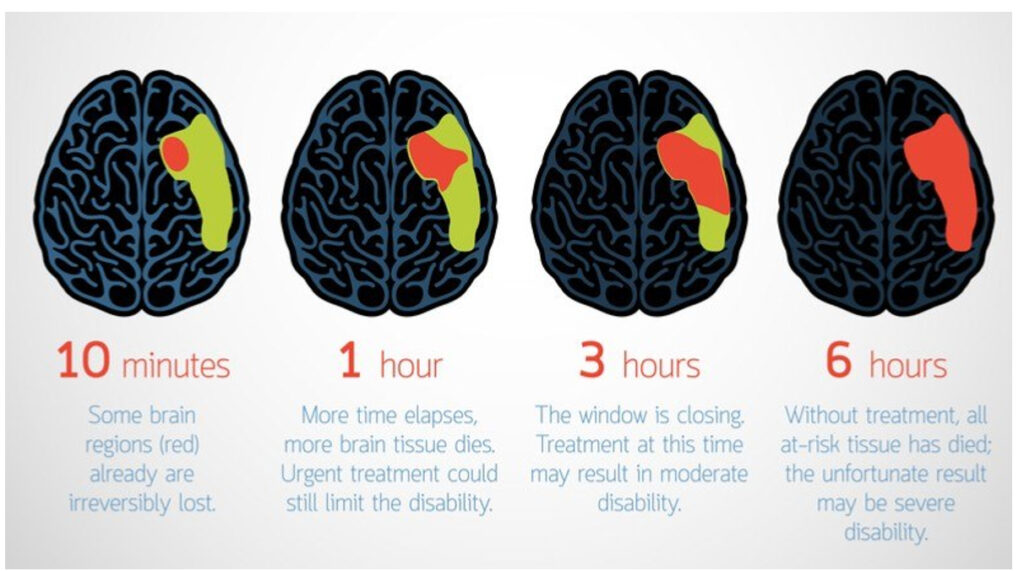
It is important to act FAST when you suspect someone is having a stroke – a stroke starves the brain of oxygen so the quicker you act, the less brain damage occurs.
What are the treatments for a stroke?
Ischaemic Stroke:
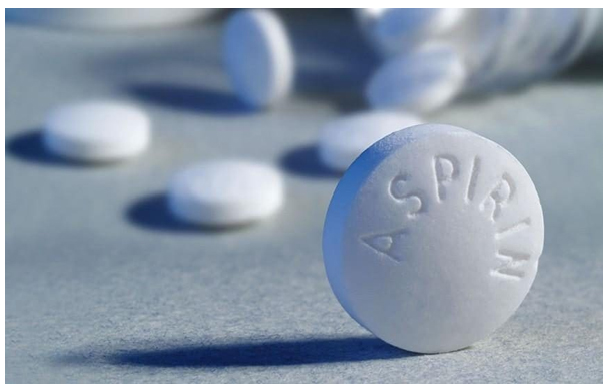
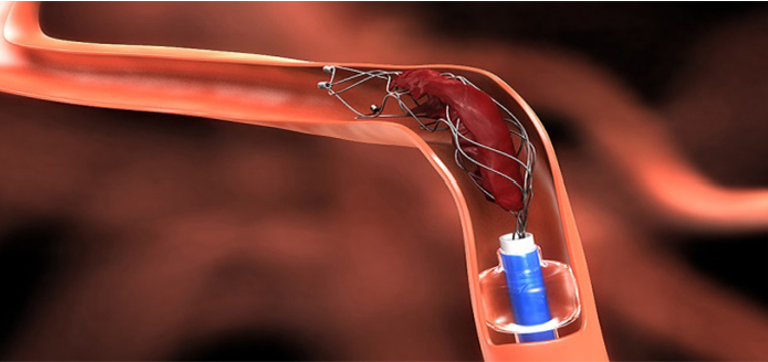
How can I prevent myself or a loved one from having a stroke?
Lifestyle changes that will help reduce a stroke are exercising regularly, eating a healthy and balanced diet, stopping smoking and reducing your alcohol intake.
If you are more active and have a healthy diet, your risk of stroke can decrease by up to 43% (Hooker et al, 2022).
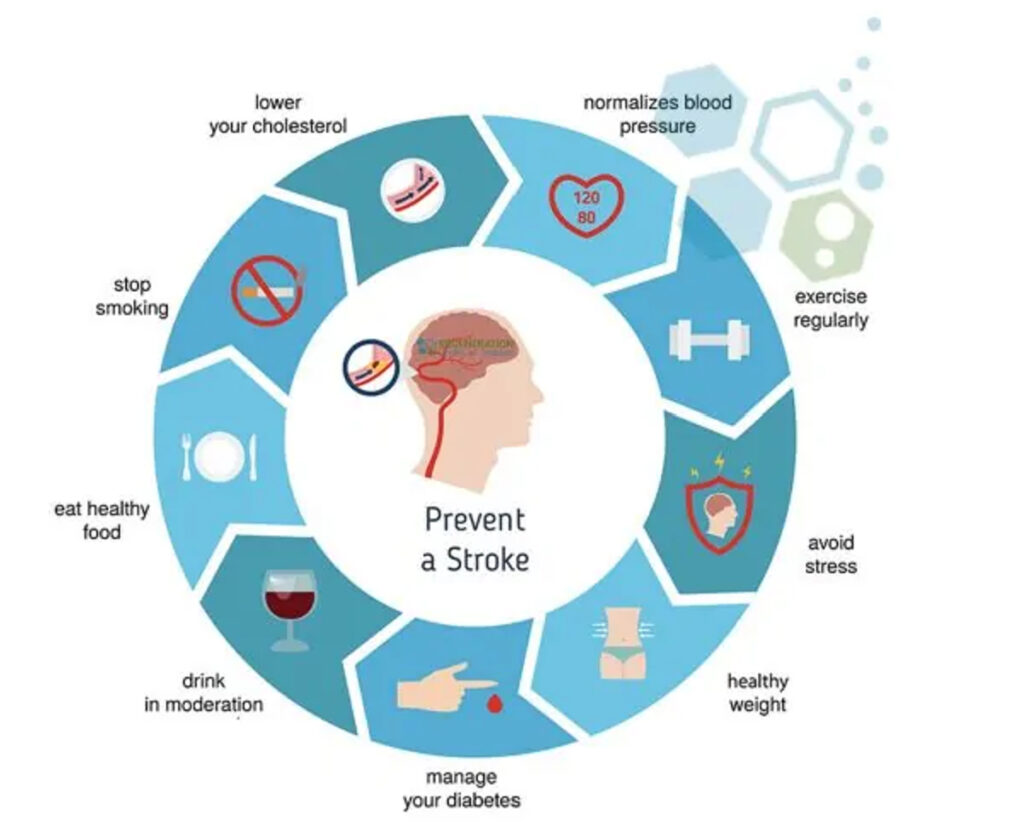
How can I prevent myself or a loved one from having a stroke?
References:
https://www.nhs.uk/conditions/stroke/
Hill and Coutts (2011) Preventing stroke after transient ischaemic attack. CMAJ.
https://www.stroke.org.uk/
https://www.nice.org.uk/guidance/ng128
Hooker et al (2022) Association of Accelerometer-measured sedentary time and physical activity with risk of stroke within US adults. JAMA.

